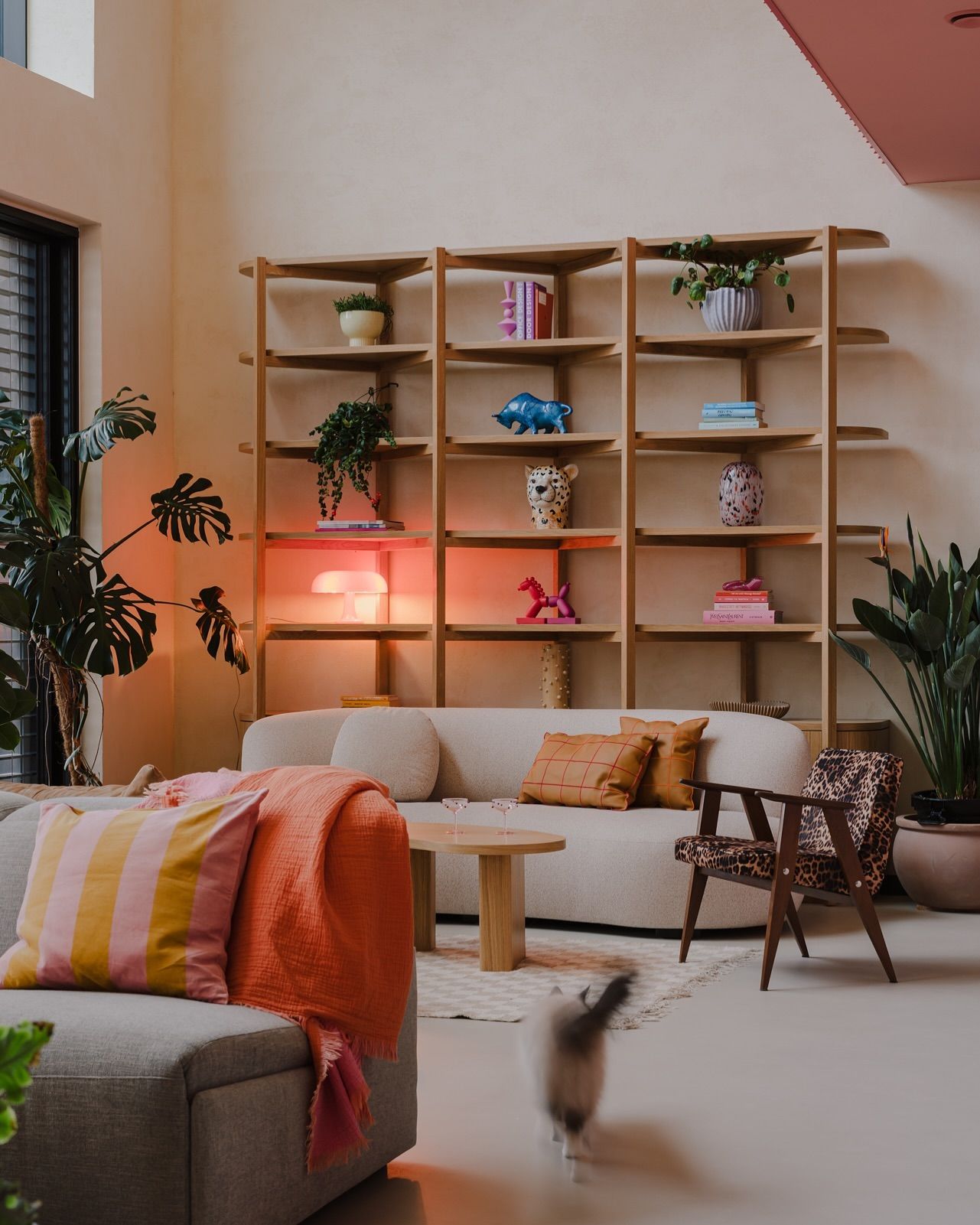Discover Kitchen Scales
Spoken matches kitchen scales across 100s of stores to find you the best price.



Quick facts
Can't find the answer you're looking for? Please get in touch with our friendly team.
How can I tell if my scale is accurate?
To check your scale's accuracy, weigh a known weight, like a dumbbell or a bag of sugar. If the reading matches the known weight, your scale is accurate. You can also calibrate it using a calibration weight if available.
What company makes the best scales?
For home use, companies like Ozeri and Etekcity are popular for their reliable kitchen and bathroom scales. If you're looking for decorative scales, consider brands like Anthropologie or West Elm, which offer stylish options that complement home decor.
What are kitchen scales used for?
Kitchen scales are used to measure the weight of ingredients accurately. This helps in portion control, recipe precision, and nutritional tracking. They can be digital or mechanical, and some models include features like tare function to subtract the container's weight.
Are digital kitchen scales better than mechanical?
Digital kitchen scales are often considered better than mechanical ones due to their precision and ease of use. They typically offer features like tare function, backlit displays, and measurement in various units, making them more versatile for cooking and baking.
What type of scales are the most accurate?
Digital scales are generally the most accurate for home use, as they provide precise measurements and often have features like tare functions. For heavier items, industrial scales offer high accuracy, but for everyday furniture and decor, a good quality digital scale suffices.
What is the best weight scale for food?
The best weight scale for food is typically a digital kitchen scale. Look for one with a tare function, a clear display, and a capacity of at least 11 pounds. Brands like Ozeri and Etekcity are popular for their accuracy and ease of use.
Category Overview
Introduction
Kitchen scales are an essential tool for any cooking enthusiast, providing the precision needed to perfect recipes and enhance meal preparation. Their significance lies in promoting healthier eating habits, ensuring portion control, and achieving consistent results in your culinary creations. By integrating kitchen scales into your daily routine, you not only improve your cooking accuracy but also bring an element of efficiency and comfort into your kitchen space—making every meal a delightful experience.
Functionality
The primary function of kitchen scales is to measure ingredients accurately, whether you're baking a cake or preparing a gourmet dinner. These tools can be used on countertops or dining tables, adapting seamlessly to various contexts—be it measuring flour for pastries or calculating the right portion sizes for meal planning. Many modern kitchen scales offer additional features such as tare function, which allows you to subtract container weight for precise measurements, and digital displays that make reading results easy and clear. Some scales even come with nutritional calculators to help you track dietary intake.
Design & Style
Kitchen scales come in various styles and materials that can elevate your culinary space's aesthetic. You'll often find options made from stainless steel for a sleek look, bamboo for a touch of warmth, or glass for a modern feel. Common design variations include minimalist styles that blend seamlessly with contemporary decor and vintage-inspired designs that add character to rustic kitchens. Personalizing your choice allows these scales to complement themes ranging from industrial chic to cozy farmhouse aesthetics—think about how the best kitchen scale for small spaces can fit harmoniously without overwhelming the area.
Practical Considerations
When selecting the right kitchen scale, consider factors like room size, material durability, and usage needs. A heavy-duty digital scale may be ideal if you frequently bake large batches or cook elaborate meals. On the other hand, compact models are perfect for small kitchens where space is at a premium. Avoid common mistakes such as underestimating weight capacity or choosing overly complex interfaces if simplicity is what you need—practicality is key to maximizing functionality in any home.
Comparison and Alternatives
When deciding on materials and styles for kitchen scales, there are pros and cons worth considering. For example, stainless steel offers durability but may lack the warmth of wood designs that can enhance rustic charm in your kitchen decor. Round versus rectangular shapes can affect how easily you'll store them; round models might fit better in tighter spaces while rectangular ones provide more surface area for larger ingredients. Choose wisely based on how much space you have available and what style resonates with your home’s atmosphere.
Trends and Popular Items
Current trends in kitchen scales highlight sleek digital designs featuring touch-sensitive controls or vibrant colors with minimalist aesthetics gaining popularity among consumers wanting both function and flair in their kitchens. Eco-friendly materials like bamboo are also trending as people become more environmentally conscious about their purchases. Among popular items today are versatile smart scales that connect with apps to help manage recipes—a great step toward tech-savvy cooking solutions! In summary, investing in a quality kitchen scale not only amplifies your cooking game but also adds functionality and style reflective of your personal taste within the heart of your home—the kitchen!